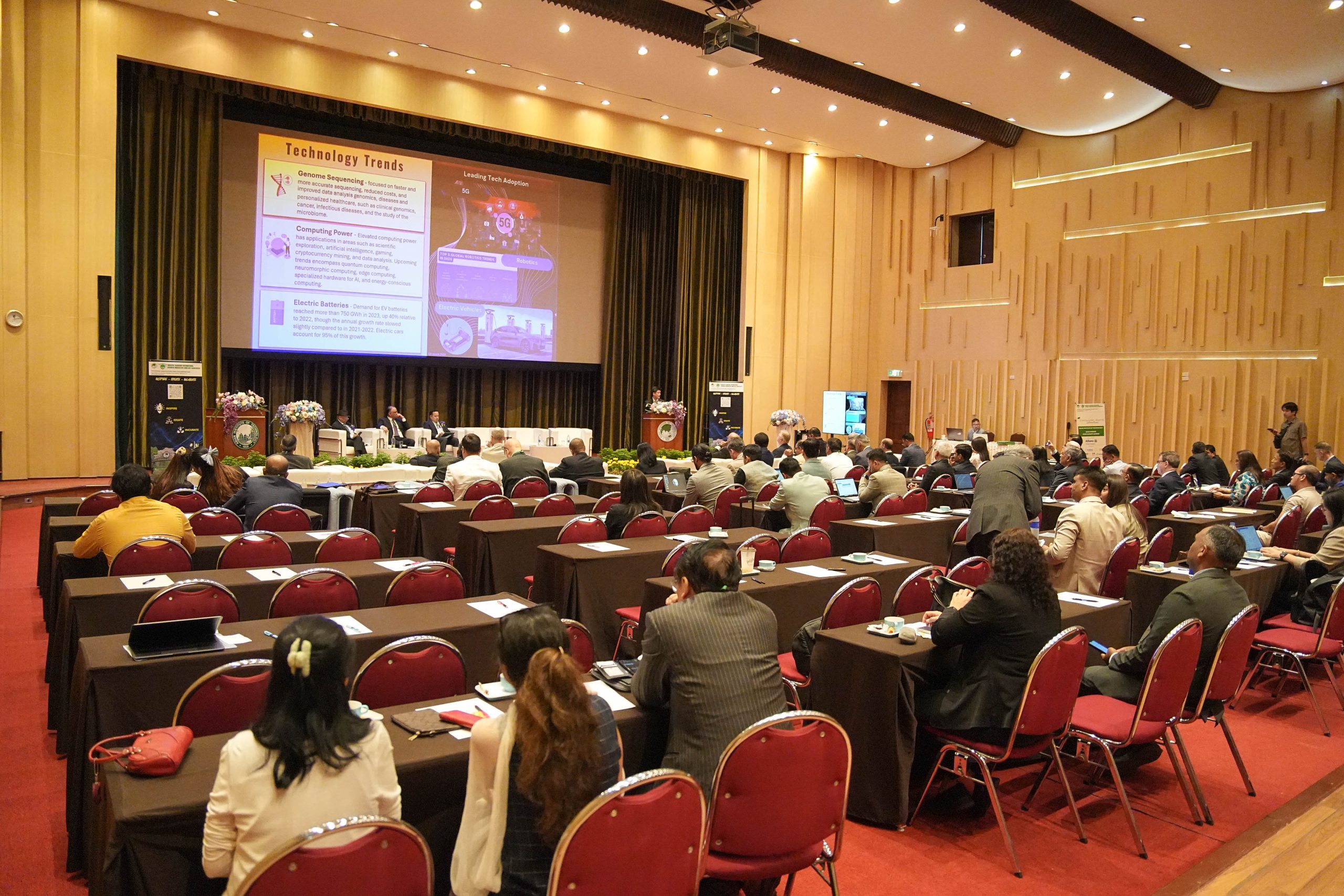Key Initiatives Launched at Genome India Data Conclave
India has made leap towards self-reliance in genomics. At the Genome India Data Conclave in New Delhi, Union Minister Dr. Jitendra Singh announced that India now possesses its own genomic data. This achievement marks a very important moment for the nation, as it reduces reliance on foreign genomic data. The initiative is aimed at encouraging advancements in personalised healthcare and medical research.
Launch of Key Initiatives
The Genome India Data Conclave saw the unveiling of the Indian Genomic Data Set. Dr. Singh launched the ‘Framework for Exchange of Data Protocols (FeED)’ and the Indian Biological Data Centre (IBDC) Portals. These platforms provide access to 10,000 whole genome samples for researchers worldwide. The IBDC will facilitate research by offering valuable genetic information.
Significance of the GenomeIndia Project
The GenomeIndia project is led by the Department of Biotechnology (DBT). It aims to create a comprehensive database reflecting India’s genetic diversity. The data will support research in various fields, including mRNA-based vaccines and genetic disorder treatments. Dr. Singh brought into light the importance of this project in enhancing the precision of genetic studies.
Diversity in Indian Genomes
India’s genetic diversity mirrors its cultural and geographical variety. The 10,000 whole genome samples encompass a wide range of genetic variations from different Indian populations. This diversity is crucial for developing genomic tools tailored to the Indian demographic, which will improve healthcare outcomes.
Ethical Data Sharing Protocols
The launch of the FeED Protocols is underpinned by the Biotech-PRIDE Guidelines. These guidelines ensure that high-quality, nation-specific genomic data is shared transparently and responsibly. Introduced in 2021, the Biotech-PRIDE Guidelines reflect India’s commitment to ethical data sharing practices.
Growth of India’s Bioeconomy
- India’s bioeconomy has rapidly expanded from $10 billion in 2014 to over $130 billion in 2024.
- Projections indicate it could reach $300 billion by 2030.
- This growth is attributed to strong leadership and the new Bioeconomy Policy, positioning India as a global biotech leader.
Future Goals in Genomics
Dr. Singh announced a target to sequence 10 million genomes in the future. This ambitious goal aims to accelerate advancements in genomics and personalised medicine. Collaborations with institutions like Tata Memorial Hospital are planned to enhance data enrichment efforts.
Transformative Potential of Genomic Data
Experts emphasised the transformative impact of the genomic data on healthcare. Dr. Rajesh S. Gokhale noted its potential in combating genetic and hereditary diseases. Prof. Ajay Kumar Sood brought into light the data’s significance in agricultural, environmental, and industrial research.
- GenomeIndia aims to catalogue India’s genetic diversity.
- IBDC archives 10,000 whole genome samples.
- Biotech-PRIDE Guidelines ensure ethical data sharing.
- India ranks 12th globally in biotechnology.
- The bioeconomy is projected to reach $300 billion by 2030.
Collaborative Efforts in Genomics
The event featured contributions from various scientific leaders. Dr. Rajiv Bahl, Dr. Y Narahari, and Dr. Arvind Sahu were among those present, denoting the collaborative effort behind the GenomeIndia project. Prime Minister Narendra Modi praised the scientific community, reaffirming the government’s commitment to advancing genomics in India.
Month: Current Affairs - January, 2025
Category: Science & Technology Current Affairs







